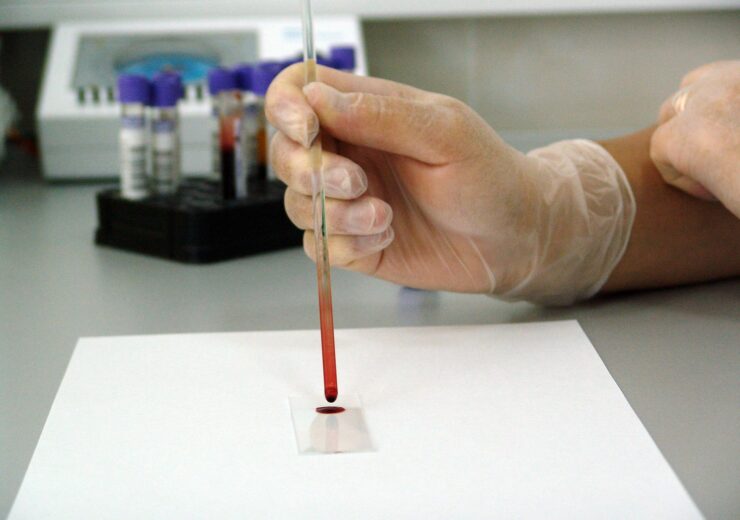The test is a qualitative next-generation sequencing (NGS)-based in vitro diagnostic technology that uses cfDNA isolated from human peripheral whole blood to detect DNA methylation markers

Burning Rock Biotech receives CE mark for OverC Multi-Cancer Detection Blood Test. (Credit: PublicDomainPictures from Pixabay)
China-based Burning Rock Biotech has received the CE mark for its OverC Multi-Cancer Detection Blood Test manufactured in both the US and China facilities.
The test is a qualitative next-generation sequencing (NGS)-based in vitro diagnostic technology that uses cfDNA isolated from human peripheral whole blood to detect DNA methylation markers.
It is designed to identify and localise several cancer types in individuals aged 40 to 75 years.
The OverC assay comes with a semi-automated approach that includes cfDNA extraction and library preparation, a sequencing device for massively parallel sequencing (MPS) and data analysis software.
Data analysis output includes categorisation calls for cancer signals.
The latest approval confirms the uniformity of the firm’s quality management systems throughout the US and Chinese laboratories and will help the company further its global business strategy.
The OverC test is based on ELSA-seq, a multi-cancer early detection tool created by Burning Rock.
To achieve multi-cancer early detection, the method combines epigenetics, next-generation sequencing, and machine learning.
The ELSA-seq method has effectively captured trace levels of circulating tumour DNA methylation signals in blood.
According to the firm, ELSA-seq has been considered a highly sensitive test for detection of the trace amounts of tumour-derived methylation signals in plasma samples by several academic journals.
The CE mark clearance for the OverC test will ease the process of commercialisation and compliance process of the company’s multi-cancer early detection technology.
In March this year, Burning Rock secured approval from China’s National Medical Products Administration (NMPA) for its Human Nine-Gene Mutation Joint Detection Kit as a class III medical device.
